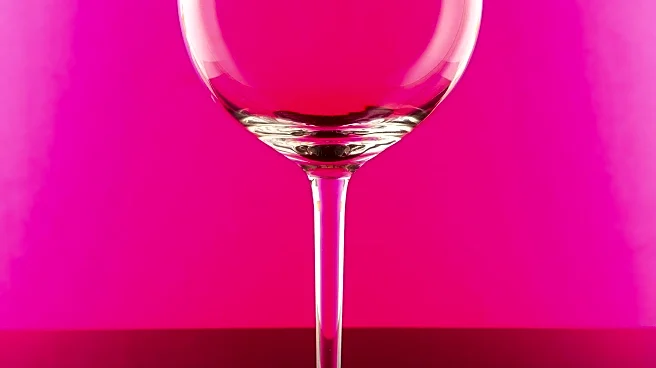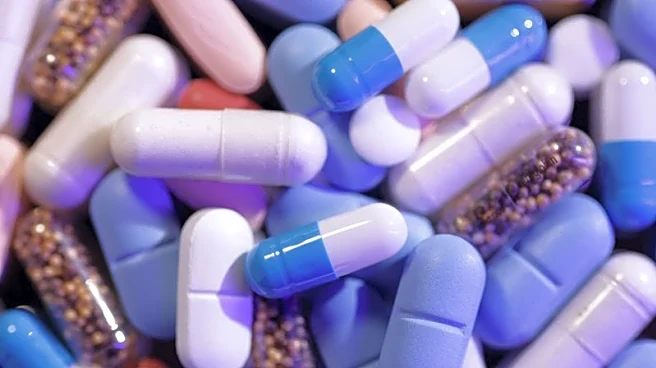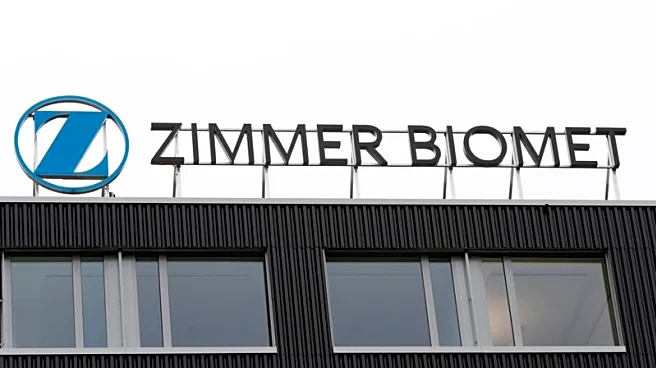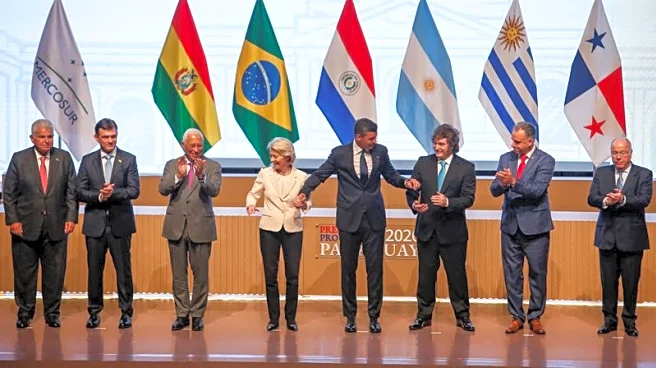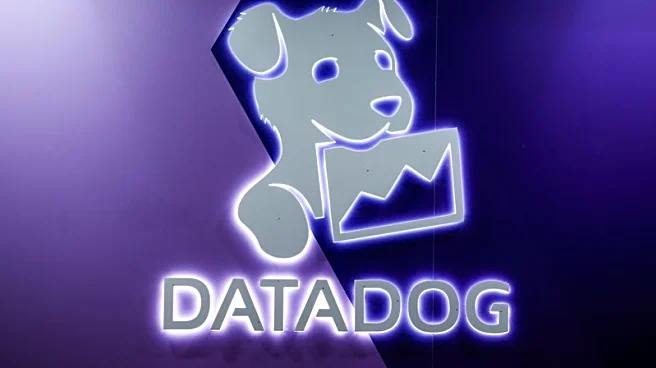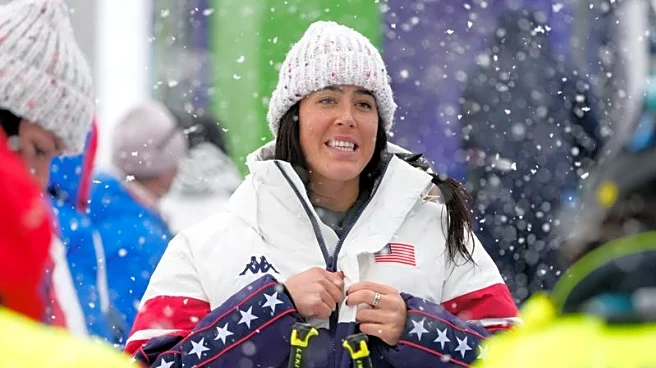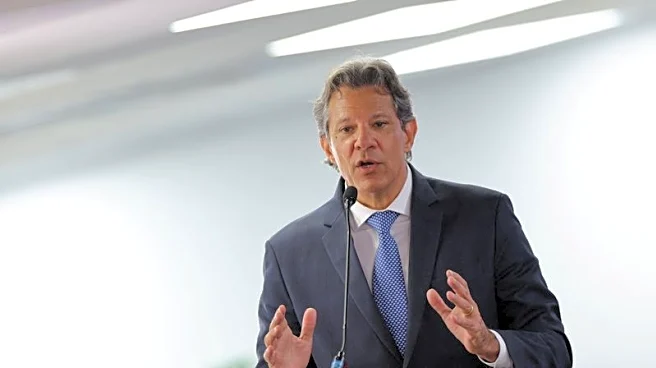What's Happening?
German winemakers are increasingly focusing on producing non-alcoholic wines in response to the growing sober-curious movement. More than 100 German winemakers are now producing non-alcoholic wines, finding success both domestically and internationally, including in the U.S. The market share for alcohol-free wine in Germany is currently small, at around 1.5%, but sales have grown by 68% in 2024. This trend is largely driven by Gen Z and Millennials, who are seeking healthier lifestyle choices. German winemakers are leveraging their expertise in alcohol-free beer and their reputation for high-quality alcoholic wines to innovate in the alcohol-free wine sector, particularly with the Riesling grape, which retains its flavor profile well during dealcoholization.
Why It's Important?
The expansion of the alcohol-free wine category reflects broader shifts in consumer preferences towards healthier and more mindful consumption. This trend is significant for the wine industry, which faces challenges such as declining alcohol consumption. By embracing alcohol-free options, winemakers can tap into new market segments and potentially increase their sales. The focus on Gen Z and Millennials is crucial, as these demographics are more inclined towards wellness and sustainability. The success of German winemakers in this niche could influence global wine markets and encourage other countries to explore alcohol-free options, potentially leading to a more diverse and inclusive wine industry.
What's Next?
German winemakers are expected to continue innovating in the alcohol-free wine sector, experimenting with packaging and digital marketing strategies to engage younger consumers. As the demand for alcohol-free beverages grows, other wine-producing countries may follow Germany's lead, expanding their own offerings. The industry may also see increased collaboration between traditional winemakers and beverage entrepreneurs to develop new flavors and products. Additionally, regulatory changes could arise as governments respond to the growing popularity of alcohol-free drinks, potentially impacting production and marketing practices.
Beyond the Headlines
The rise of alcohol-free wines could have cultural implications, challenging traditional views on wine consumption and social drinking norms. It may also lead to ethical discussions about the role of alcohol in society and the importance of offering alternatives. Furthermore, the trend could drive technological advancements in dealcoholization processes, improving the quality and variety of alcohol-free wines available to consumers.
